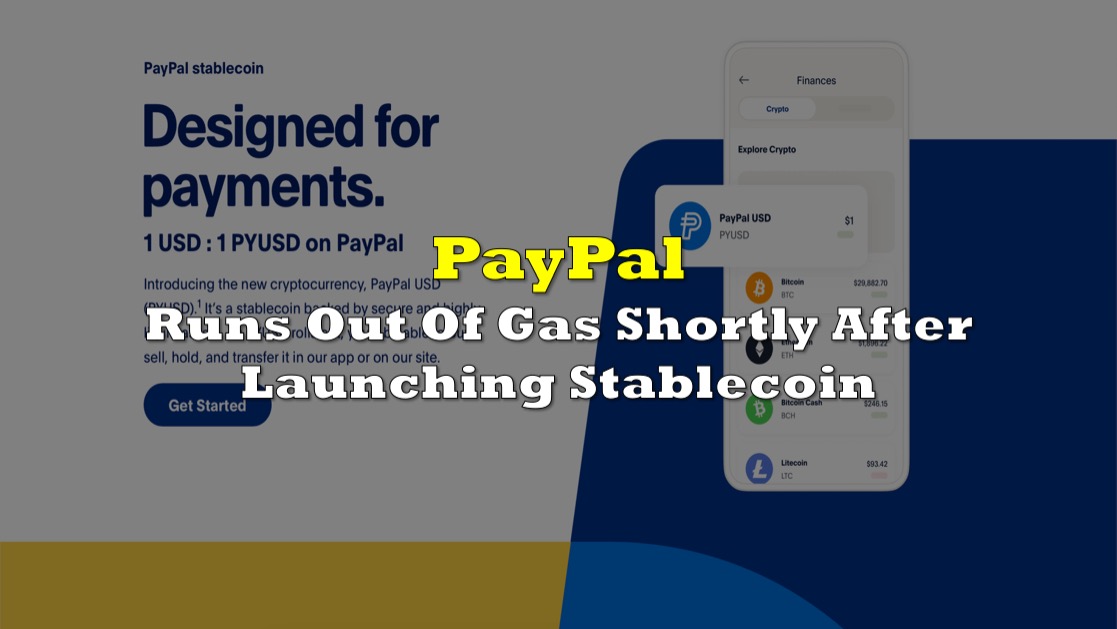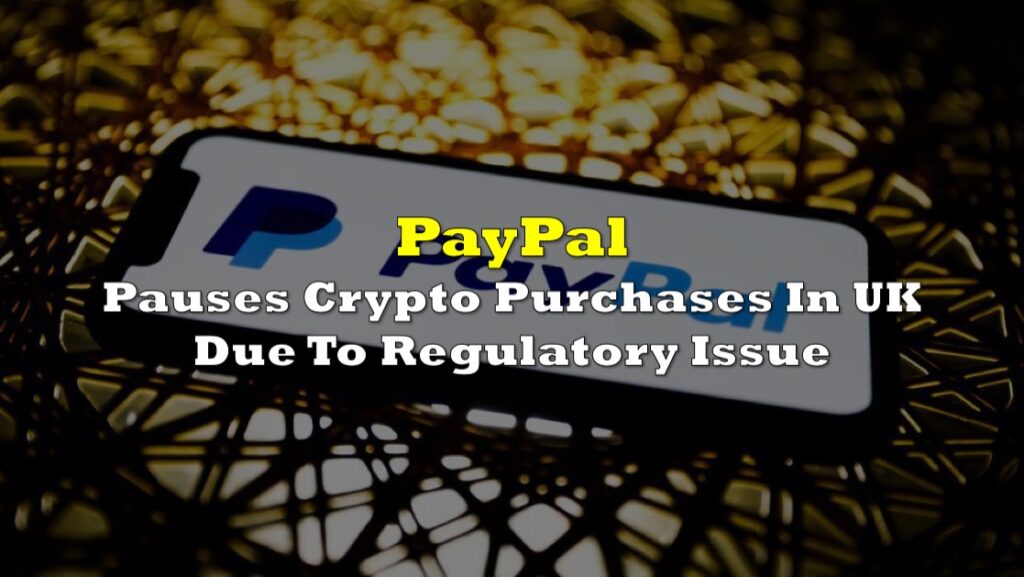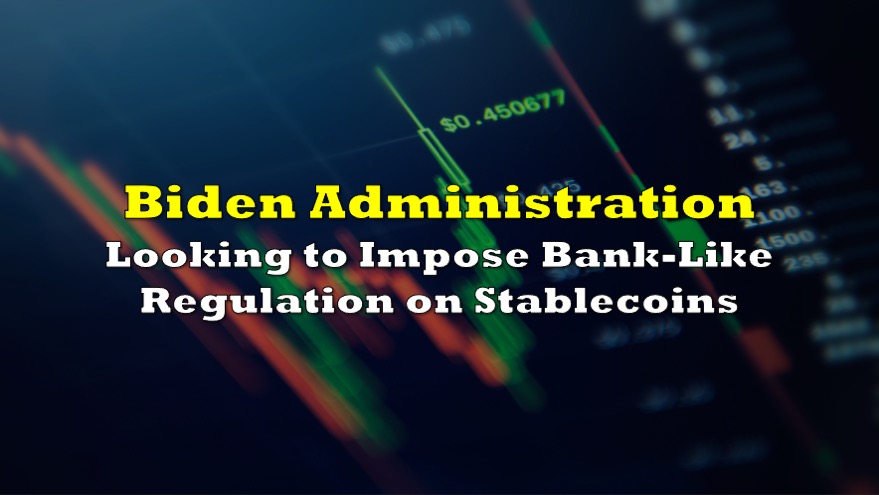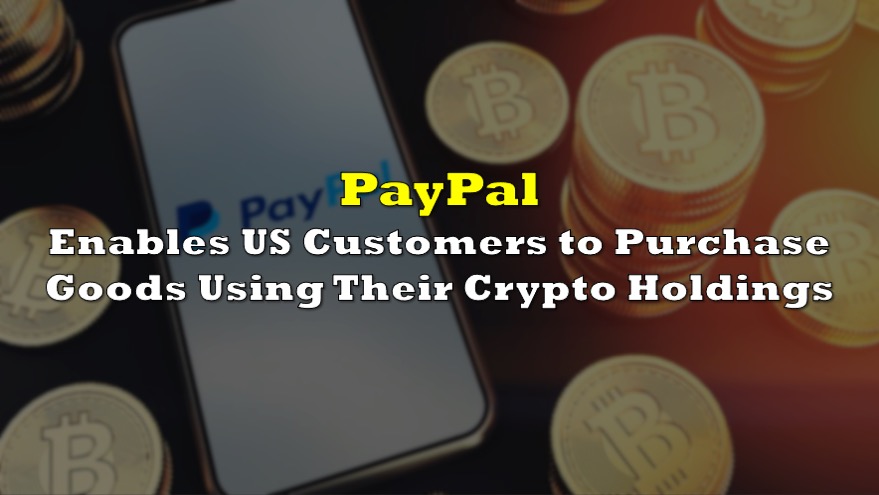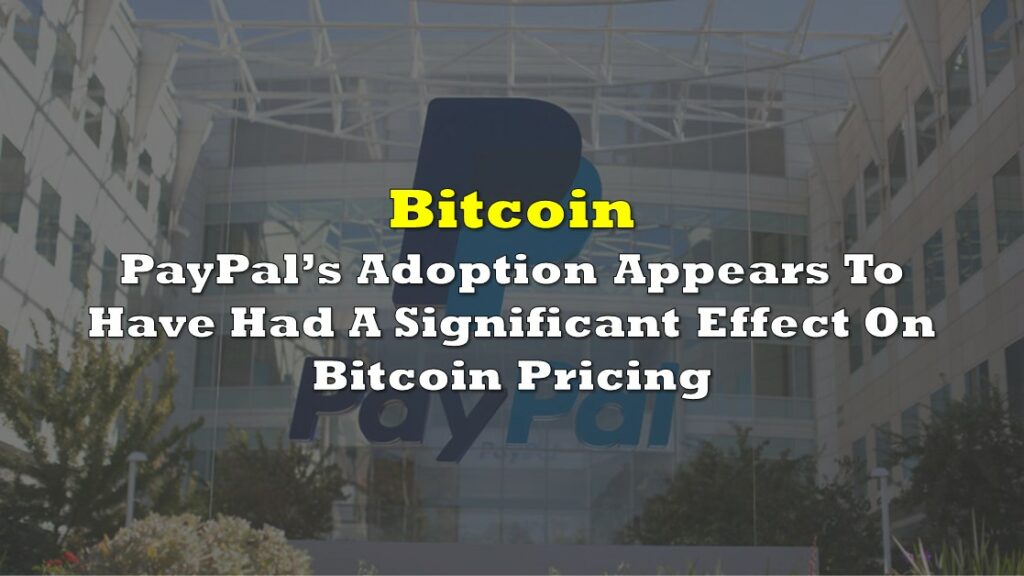On Monday, PayPal (NASDAQ: PYPL) unveiled its latest innovation: a stablecoin digital currency named PayPal USD. This new offering, backed by Paxos Trust Company, is tethered to US dollars and is intended to facilitate seamless transactions within PayPal’s expansive online payment platform.
The stablecoin, PayPal USD (PYUSD), is backed by a combination of US dollar deposits, short-term Treasury bills, and other cash equivalents, presenting a robust foundation for its value. This hopes to ensure a 1:1 parity with the US dollar, lending a reassuring sense of reliability to the digital asset.
However, many observers noticed that PayPal seems to have run out of ethereum for gas fees charged during transactions.
👀 Paypal launches stablecoin, promptly runs out of gas to actually send the stablecoin anywhere. $PYUSD $PYPL https://t.co/H4NhYZbIB3
— ⚯ M Cryptadamus ⚯ | @cryptadamist@universeodon.com (@Cryptadamist) August 7, 2023
By launching this initiative, the prominent online payments provider aims to provide a more stable alternative in the realm of cryptocurrencies, which have recently faced volatility and setbacks, including the high-profile collapse of FTX and legal challenges against key industry players.
Unlike traditional cryptocurrencies known for their fluctuating values, stablecoins offer a theoretically more reliable option. These digital coins are pegged to established fiat currencies like the US dollar, assuaging some concerns about value fluctuations. However, even stablecoins are not without their own potential risks.
“The shift toward digital currencies requires a stable instrument that is both digitally native and easily connected to fiat currency like the US dollar,” said PayPal chief executive Dan Schulman.
This move is expected to facilitate smoother payments across PayPal’s global platform, while also encouraging greater participation from major brands in the digital assets arena.
What are the benefits to them here? https://t.co/LnEDEP7seA
— Sheel Mohnot (@pitdesi) August 7, 2023
PayPal’s plan includes the expansion of PayPal USD to its peer-to-peer payment service, Venmo, in the near future. This strategic move builds upon PayPal’s decision to accept Bitcoin in late 2020, a decision that contributed to a significant surge in the valuation of cryptocurrency assets, driven by the belief that these digital tokens could eventually function as viable currencies.
The payment platform got in hot water last October 2022 about its policy it could take action against users who participated in restricted activities and those actions included holding on to users’ money indefinitely — for “promoting misinformation.” Updated terms then said PayPal would be allowed to penalize users up to $2,500 for various violations.
Do you really want to use a stablecoin issued by these people? pic.twitter.com/JoaxMOIrCj
— Pledditor (@Pledditor) August 7, 2023
However, the cryptocurrency landscape has not been without challenges itself. Scandals and regulatory concerns have underscored the need for increased scrutiny and oversight. Financial regulators in the United States have asserted that cryptocurrencies should be classified as securities and subjected to stringent regulatory measures.
For instance, Paxos is embroiled in a legal battle with the Securities and Exchange Commission on the legality of stablecoins as a security. Earlier this year in February, the New York Department of Financial Services ordered Paxos Trust to halt producing new BUSD, Binance’s dollar-pegged tokens. The big crypto exchange said that Paxos will continue to supervise product redemptions.
𝐏𝐚𝐲𝐩𝐚𝐥 𝐡𝐚𝐬 𝐛𝐞𝐞𝐧 𝐤𝐧𝐨𝐰𝐧 𝐭𝐨 𝐫𝐚𝐧𝐝𝐨𝐦𝐥𝐲 𝐟𝐫𝐞𝐞𝐳𝐞 𝐚𝐜𝐜𝐨𝐮𝐧𝐭𝐬 𝐚𝐧𝐝 𝐡𝐨𝐥𝐝 𝐩𝐞𝐨𝐩𝐥𝐞'𝐬 𝐦𝐨𝐧𝐞𝐲 𝐡𝐨𝐬𝐭𝐚𝐠𝐞…𝐢𝐭'𝐬 𝐚𝐥𝐥 𝐨𝐯𝐞𝐫 𝐭𝐡𝐞 𝐢𝐧𝐭𝐞𝐫𝐧𝐞𝐭.
— Bitcoin Culture (@BTC_Culture) August 7, 2023
Their newly launched Paypal USD stablecoin features a built-in… pic.twitter.com/ICoOQpem03
Information for this story was found via Agence France Presse, Watcher Guru, and the sources mentioned. The author has no securities or affiliations related to the organizations discussed. Not a recommendation to buy or sell. Always do additional research and consult a professional before purchasing a security. The author holds no licenses.

